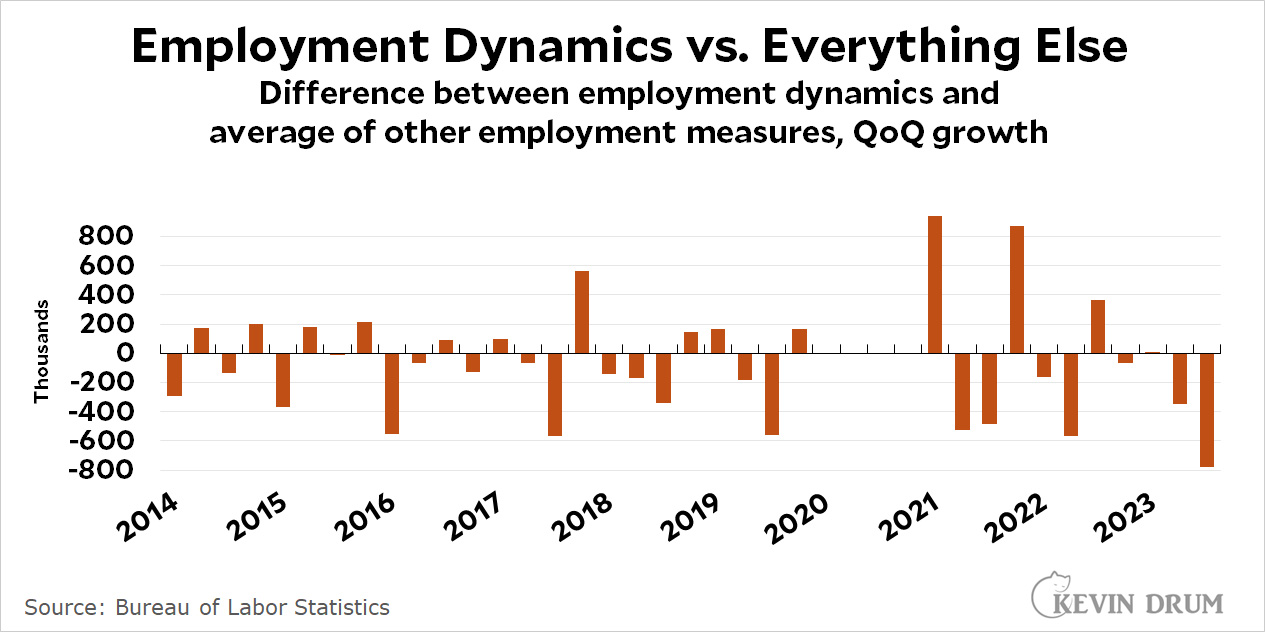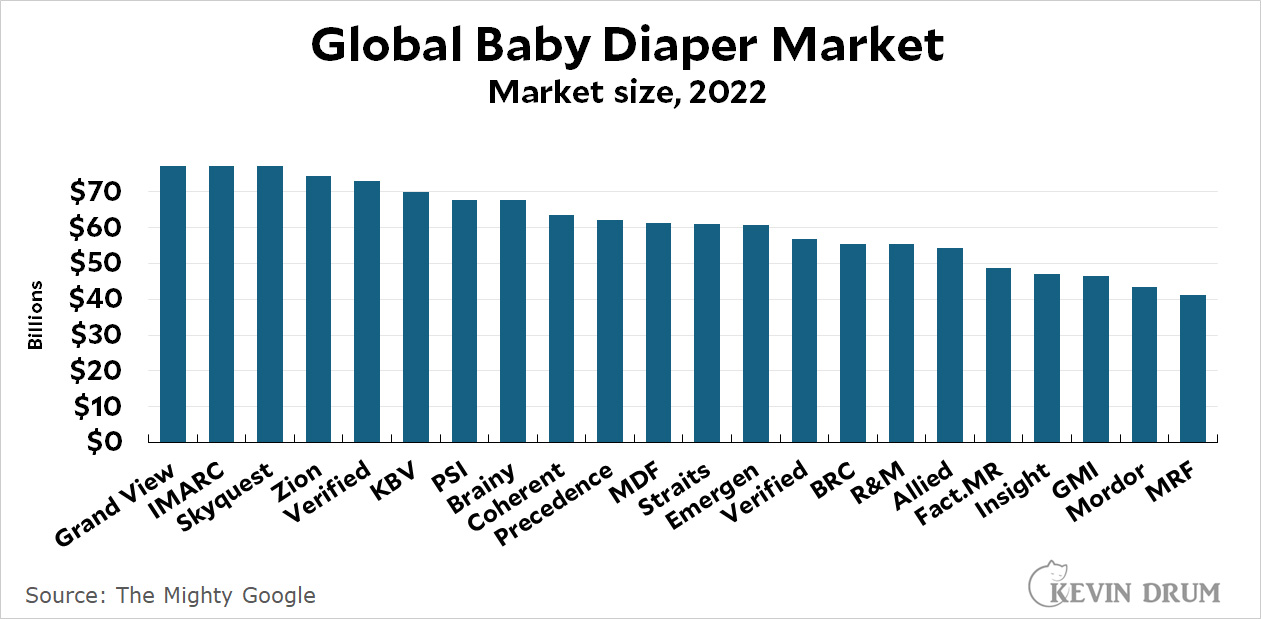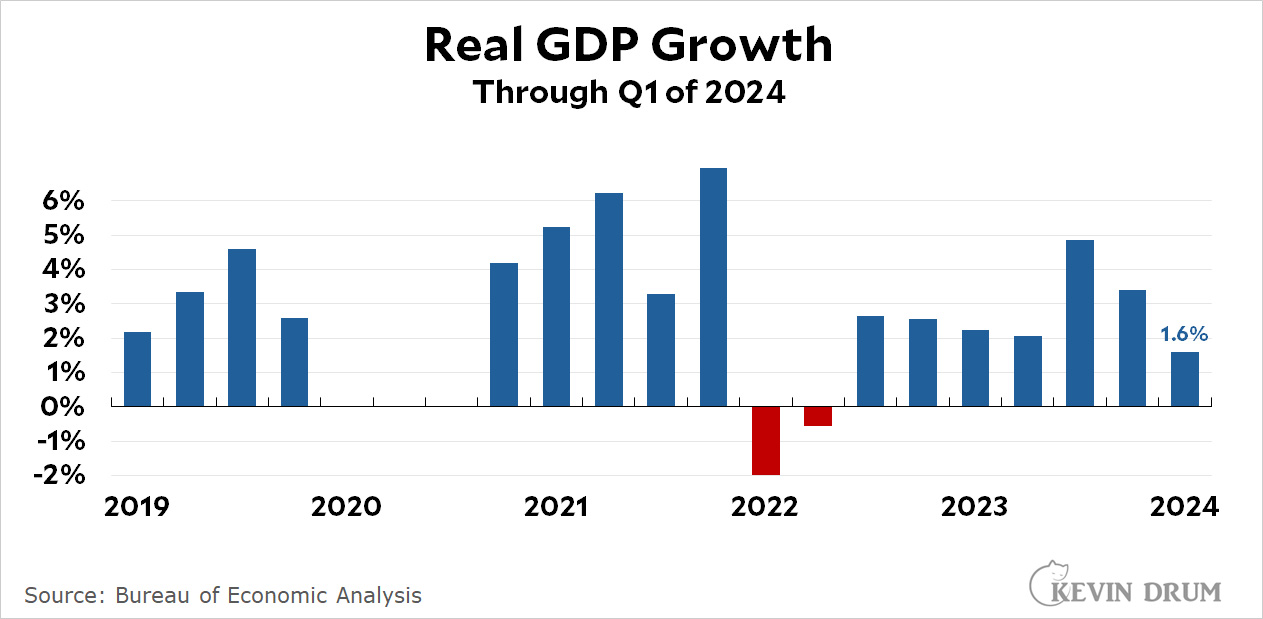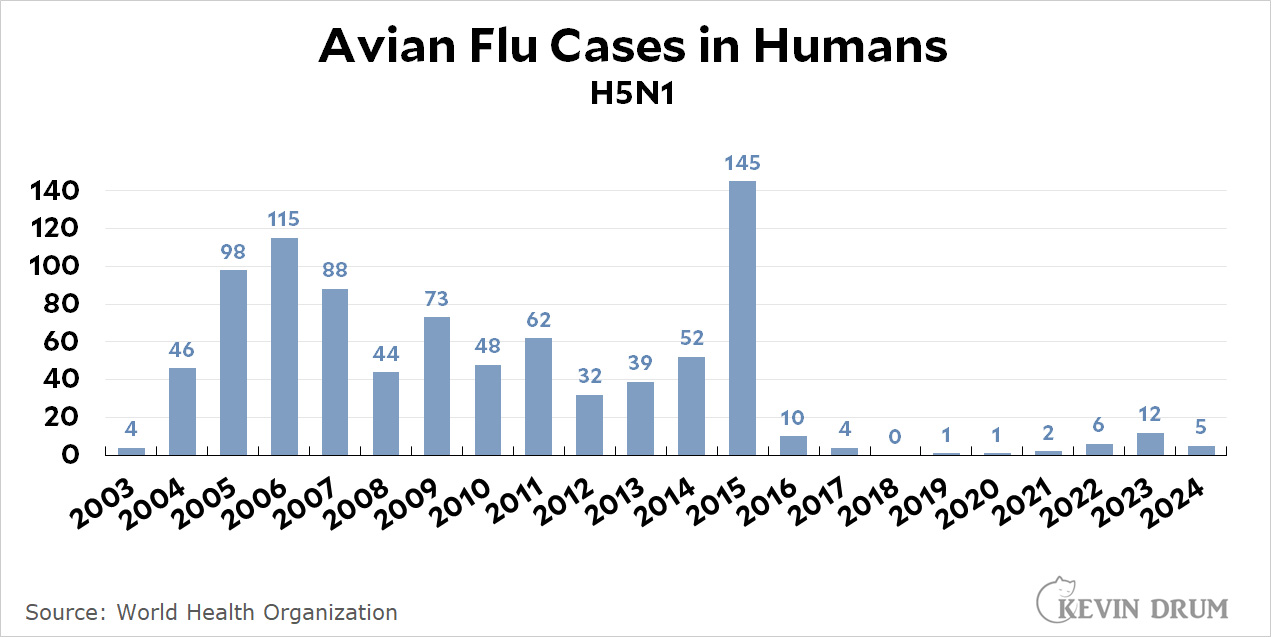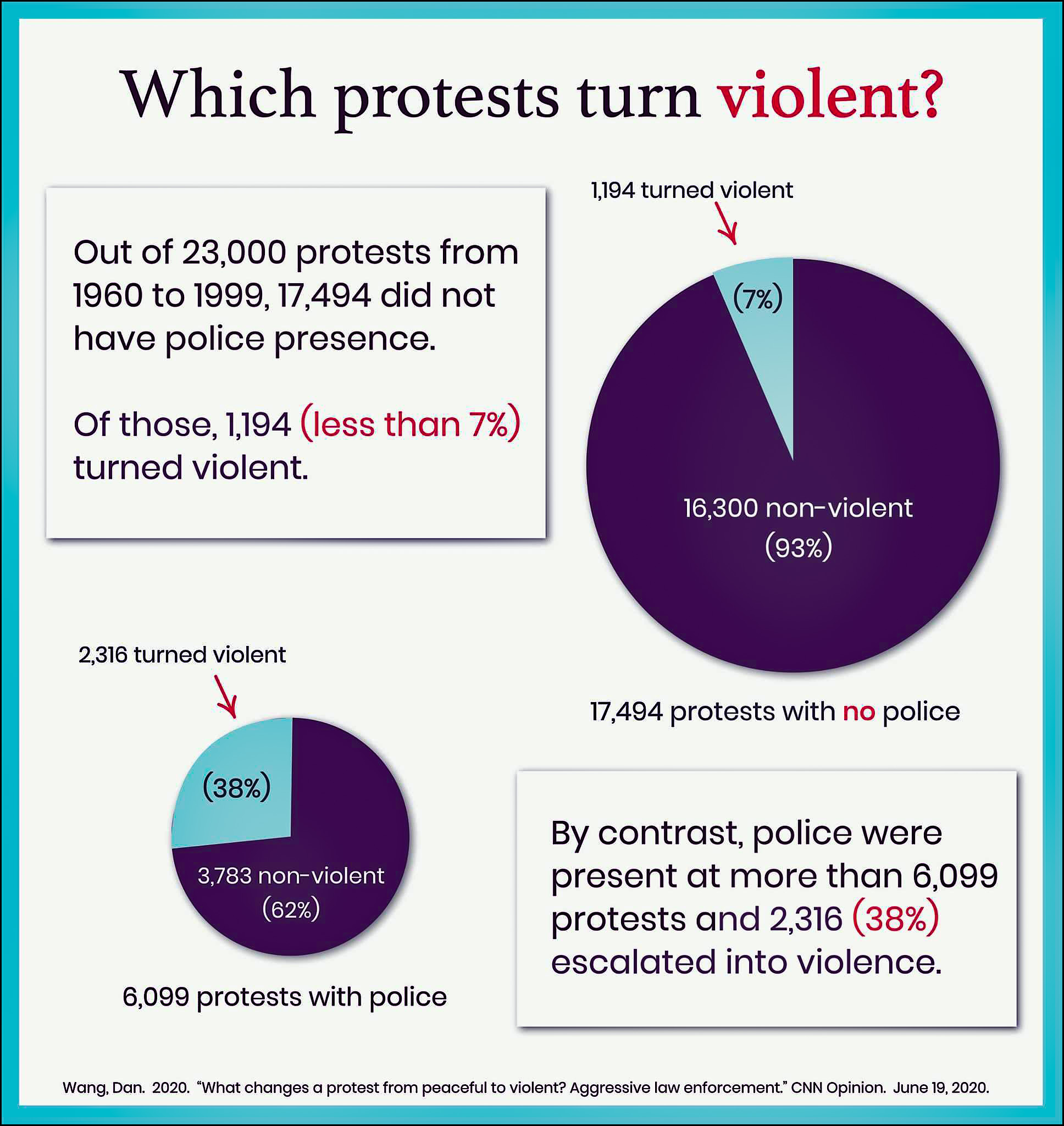We've banned TikTok and now we're considering a ban on DJI drones because maybe the Chinese can use them to collect personal information and spy on us:
“DJI presents an unacceptable national security risk, and it is past time that drones made by Communist China are removed from America,” Representative Elise Stefanik, Republican of New York and one of the bill’s primary sponsors, said in an emailed statement this month.
If Stefanik is in favor of this, it's a pretty big clue that it's just bullshit grandstanding. In any case, we're sure building up a big list of Chinese products that are either banned in the US or getting close:
- Huawei and ZTE 5G equipment over fears they provide backdoors into American comms networks.
- ZMPC cranes at US ports over fear that the CCP could take control of our infrastructure.
- TikTok over concerns they are collecting personal information and poisoning teen minds.
- DJI drones over concerns about their access to personal information on cell phones.
- BGI and WuXi biotech over concerns about access to genetic information.
- Chinese EVs over concerns they collect personal data.
- Hytera, Dahua, and Hikvision surveillance equipment.
I dunno. Maybe all this stuff really has been compromised by China. I wouldn't put it past them. Alternatively, China may be just the latest country for us to demonize and panic over. I'm not sure how a layman is supposed to figure this out, though trusting Elise Stefanik's say-so certainly isn't on the list.
There's no question that China makes it all too easy to be suspicious of them. And even if they aren't using this stuff to spy on us, it's still pretty reasonable to ban it as simple retaliation for China's endless bans on US products. Just generally, though, the current panic over China sure seems overwrought. But that's America for you.

